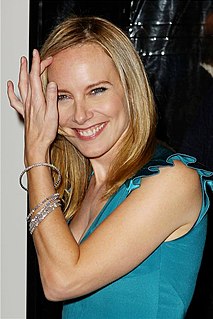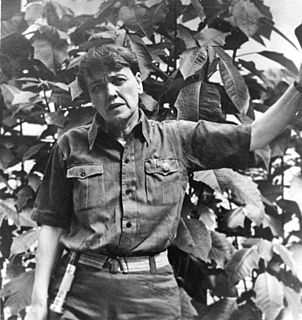A Quote by R. J. Cutler
I'm very curious to know what it's like, death - I always say to my wife, 'I wonder if we'll have the 'New York Times' when we're dead.'
Related Quotes
Recently it's become much to my surprise, something that does happen. For example, I used to get almost all of my stories, and it's probably still true, from newspapers. Primarily from The New York Times. No one ever really thinks of The New York Times as a tabloid newspaper and it isn't a tabloid newspaper. But there is a tabloid newspaper within The New York Times very, very often.
I follow my own nose. So I read things that are different. People will always say to me, "Have you read Robert S. Bosco's latest novel?" or "Have you read so and so's history of Peru, which is reviewed in the New York Review of Books and the New York Times and has a buzz about it?" I don't even know what you're talking about. I'm like from another planet. I'm a pygmy from the jungle.
When I got my very first phone call that I'd hit the 'New York Times' list, I had a small rush of 'I've made it!' But the next morning, it occurred to me I didn't know what it was, so I called my agent and asked what being a 'New York Times' bestselling author really meant. He informed me that I was now a thousand pound gorilla.
When Caroline Kennedy managed to say 'you know' more than 200 times in an interview with the New York 'Daily News,' and on 130 occasions while talking to 'The New York Times' during her uninspired attempt to become a hereditary senator, she proved, among other things, that she was (a) middle-aged and (b) middle class.
The greatest inspiration I draw upon is, is this city (New York) and riding the subway and watching people and I find that's kind of like the best, the best acting teacher. You know, I wonder, like people who have huge celebrity, sometimes I feel bad, should this be one of their methods 'cause I don't know how they can observe life anymore, because they become the observed. So, I, I appreciate that New York can still do that.
New York was a new and strange world. Vast, impersonal, merciless.... Always before I had felt like a person, an individual, hopeful that I could mold my life according to some desire of my own. But here in New York I was ignorant, insignificant, unimportant--one in millions whose destiny concerned no one. New York did not even know of my existence. Nor did it care.
The New York Times will tell you what is going on in Afghanistan or the Horn of Africa. But it is no exaggeration that The New York Times has more people in India than they have in Brooklyn. Brooklyn is a borough of two million people. They're not a Bloomingdale's people, not trendy, sophisticated, the quiche and Volvo set. The New York Times does not serve those people.




































